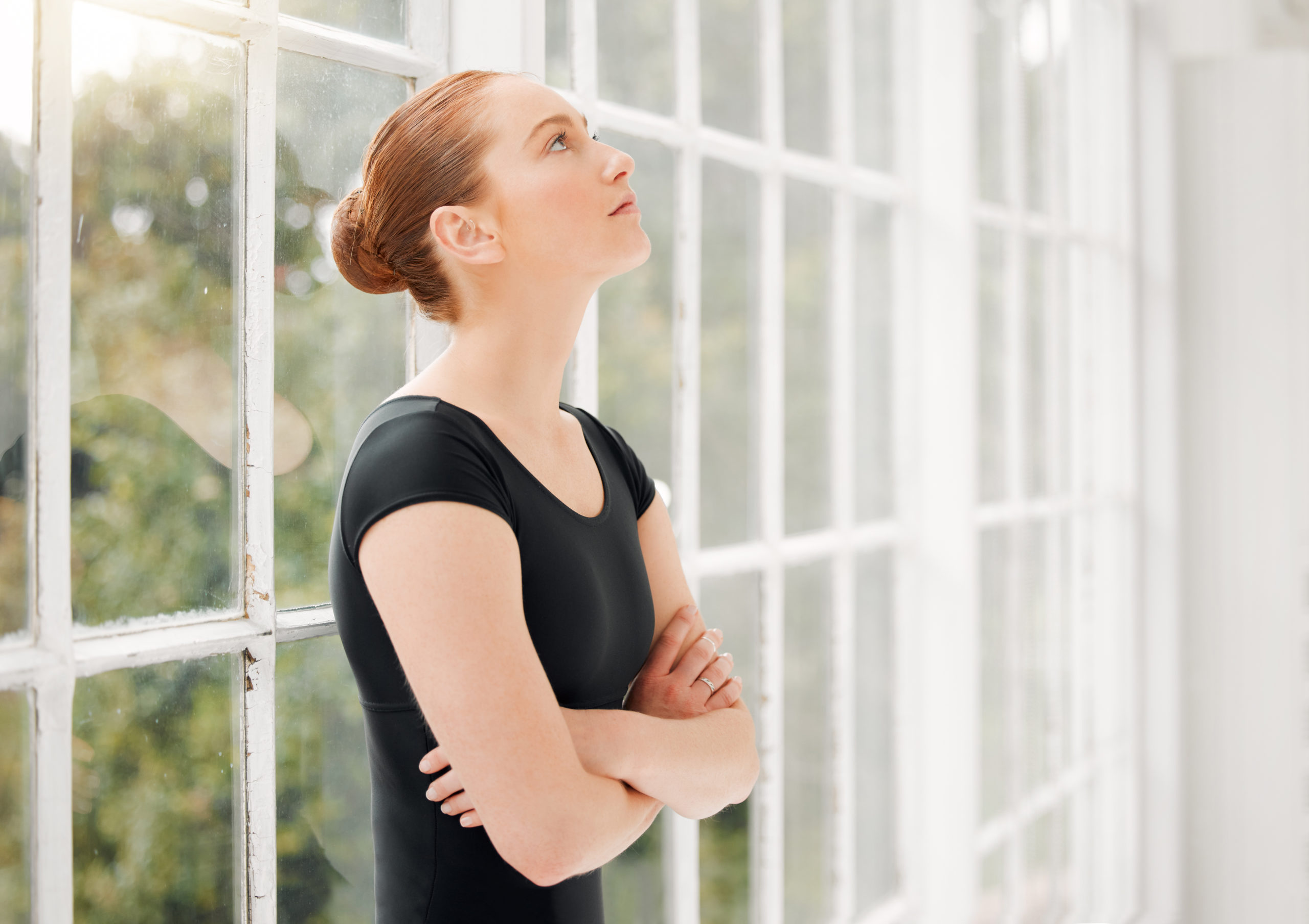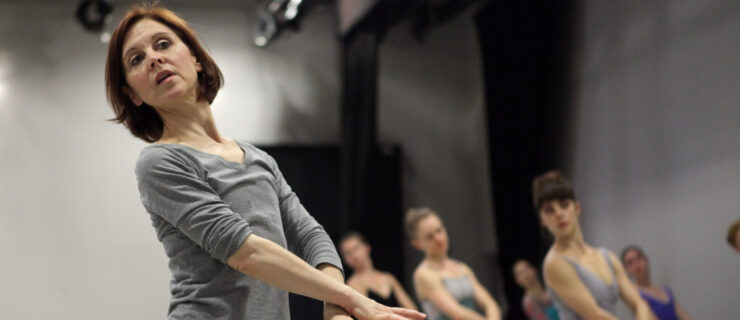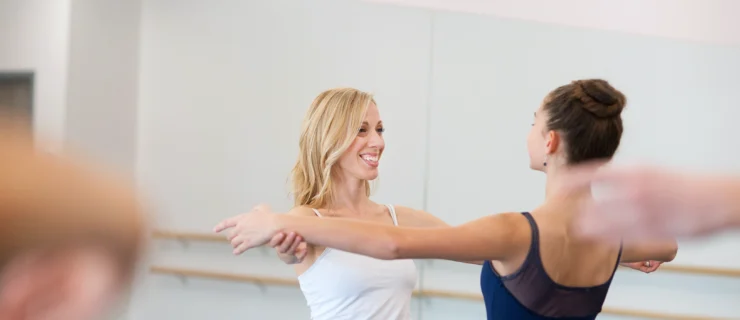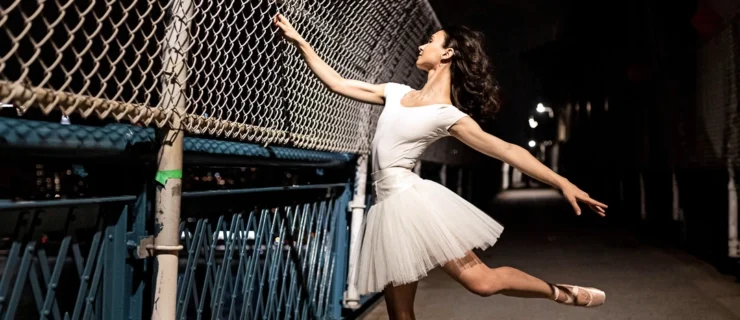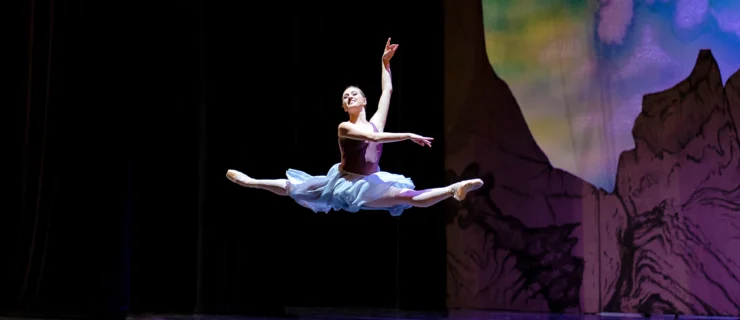Addressing Audition Burnout, An Unspoken Effect of Prolonged Job Hunting
Erina Tanaka, a freelance dancer based in Denver, Colorado, has been auditioning for ballet companies for the last three years. Tanaka, 24, who’s danced with Ballet Jörgen and Eugene Ballet, says that after taking class in her living room for over a year during COVID-19 shutdowns, the pressure-filled audition experience has grown to a new level. With the return to traveling, adjusting to new environments, and interacting with different dancers almost every weekend, she says the intense hustle has left her “mentally and physically exhausted.”
Audition season can test even the most stalwart dancers. From filming videos to compiling and sending out materials to traveling (not to mention the actual auditions themselves!), the strenuous, expensive and pressure-filled process can take a toll on a dancer’s mental, emotional and physical state. The ramifications, especially if the job search is prolonged, can often leave dancers physically and psychologically depleted.
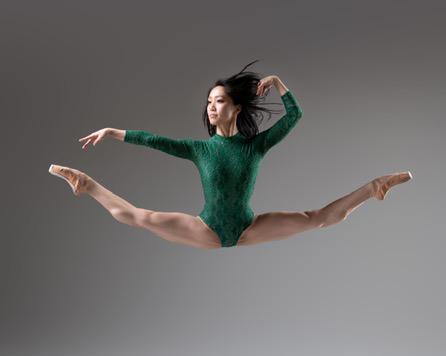
In Ballet and Beyond
Burnout—which Merriam-Webster.com defines as “exhaustion of physical or emotional strength or motivation usually as a result of prolonged stress or frustration”—isn’t discussed often in the ballet industry. That may be partially due to the expectation that dancers suffer silently in the name of their art. But burnout is real, and it can be a particular risk during the strain of audition season when so much is on the line.
Of course, dancers aren’t the only ones to experience burnout. Athletes in all sports, as well as professionals in any other industry, are susceptible. But according to sports psychologist Dr. Brian Goonan, who serves as senior advisor for the mental health advocacy organization Minding the Gap, ballet and other “aesthetic sports” (figure skating, gymnastics, artistic swimming) are particularly at risk given their subjective nature and coaches’ focus on aesthetic perfectionism, which is then adopted and internalized. Unlike sports such as basketball or swimming, which are easily quantifiable via points or speed, success in these artistic forms has no objective measure. Without these clear parameters, athletic artists are more inclined to overwork and be extremely self-critical in the name of achieving their goals.
Perfectionism and Control
Goonan cites perfectionism from internal and external sources as one of the primary causes of burnout. “Dancers have this thought that ‘If I do it perfectly, then I will get everything I want.’ But it is simply not true,” he says. Particularly in an audition scenario, where numerous factors beyond talent, like height, build, connections and recommendations, can determine the outcome. And yet, while dancers are rarely turned down for personal reasons, they often become self-critical and push past their emotional and physical limits in an attempt to redeem themselves.
A necessary step to decreasing the amount of pressure you feel is to focus on the things you can control—arriving at your auditions prepared, in shape and on time, and dancing the best you can.
This points to what Goonan considers the other main causes of burnout: lack of control, and failing to accept that controlling the input and lengthening in-the-moment enjoyment are the only remedies. “Athletes want control over the outcome, but they don’t have control over the result,” says Goonan. He adds that this can be difficult for dancers to genuinely accept after achieving such a high level in ballet. A necessary step to decreasing the amount of pressure you feel is to focus on the things you can control—arriving at your auditions prepared, in shape and on time, and dancing the best you can.
How to Address Burnout Symptoms
So what should you do if nonstop job-hunting has left you feeling physically depleted, hopeless, unmotivated and disinterested in your art—all when you are expected to display your highest levels of ambition and passion? Goonan says to remember that “pressing the accelerator harder doesn’t mean you’re going to go faster.” Instead, allocate time for physical and emotional rejuvenation.
That may mean taking a short break; time away from the studio can provide the necessary distance to see things from a different, healthier perspective. You could use this as an opportunity to immerse yourself in a nondance-related hobby, spend time with family and friends, or simply rest.
Tanaka credits her family and the support of her fiancé, a former dancer, for helping her to not be too hard on herself. She’ll spend time with her dog or get lost in a Netflix show to help distance herself from ballet and give her mind a rest. She also does her best to use her audition experiences as learning opportunities: “I remind myself that this is part of the job and prepares you for how to deal with future difficult situations.”
The stress of company auditions can make us question why we’re pursuing such a difficult art form. But Goonan says it’s important to remember why you got into ballet in the first place—and to try, while keeping a strong work ethic, to focus on what makes it fun and joyful. In the face of such seriousness, pressure and judgment, realigning yourself with the positives of dance, recognizing your personal accomplishments, and loosening your grasp on the outcome can help you maintain a healthy relationship with your art form. “Remember that you’re doing what you love every day,” says Tanaka. “Not everyone is so lucky.”
